too good
to be true
finding hope in a world of hype
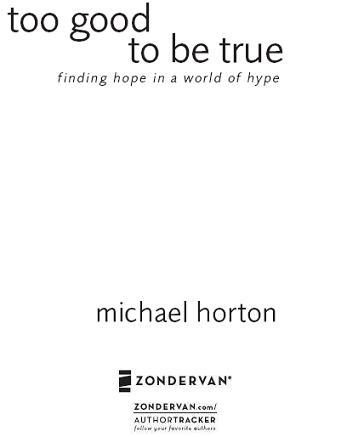
ZONDERVAN
Too Good to Be True
Copyright 2006 by Michael Horton
All rights reserved under International and Pan-American Copyright Conventions. By payment of the required fees, you have been granted the non-exclusive, non-transferable right to access and read the text of this e-book on-screen. No part of this text may be reproduced, transmitted, down-loaded, decompiled, reverse engineered, or stored in or introduced into any information storage and retrieval system, in any form or by any means, whether electronic or mechanical, now known or hereinafter invented, without the express written permission of Zondervan.
ePub Edition June 2009 ISBN:0-310-86441-0
Requests for information should be addressed to:
Zondervan, Grand Rapids, Michigan 49530
Library of Congress Cataloging-in-Publication Data
Horton, Michael Scott.
Too good to be true : finding hope in a world of hype / Michael Horton.
p. cm.
Includes bibliographical references.
ISBN-13: 978-0-310-26745-4
1. Suffering Religious aspects Christianity. 2. Consolation.
3. Hope Religious aspects Christianity. 4. Jesus Christ Crucifixion.
5. Jesus Christ Resurrection. I. Title.
BV4909.H67 2006
248.8'6 dc22
2005031943
All Scripture quotations, unless otherwise indicated, are taken from The Holy Bible, English Standard Version. Copyright 2000; 2001 by Crossway Bibles, a division of Good News Publishers. Used by permission. All rights reserved.
Scripture quotations marked NIV are taken from the Holy Bible: New International Version. NIV. Copyright 1973, 1978, 1984 by International Bible Society. Used by permission of Zondervan. All rights reserved.
Scripture quotations marked NKJV are taken from The New King James Bible Version. Copyright 1979, 1980, 1982, Thomas Nelson, Inc.
Scripture quotations marked NRSV are taken from New Revised Standard Version of the Bible, copyright 1989 by the Division of Christian Education of the National Council of Churches of Christ in the United States of America, and are used by permission. All rights reserved.
Scripture quotations marked TNIV are taken from the Holy Bible, Todays New International Version. TNIV. Copyright 2001, 2005 by International Bible Society. Used by permission of Zondervan. All rights reserved.
Scripture quotations marked NASB are taken from the New American Standard Bible, Copyright 1960, 1962, 1963, 1968, 1971, 1972, 1973, 1975, 1977, 1995 by The Lockman Foundation. Used by permission.
All rights reserved. No part of this publication may be reproduced, stored in a retrieval system, or transmitted in any form or by any means electronic, mechanical, photocopy, recording, or any other except for brief quotations in printed reviews, without the prior permission of the publisher.
06 07 08 09 10 11 12  18 17 16 15 14 13 12 11 10 9 8 7 6 5 4 3 2 1
18 17 16 15 14 13 12 11 10 9 8 7 6 5 4 3 2 1
To Linda Bossman, Judith Riddell, the Mebergs,
and the Duguid family for being Gods masks
contents
chapter one
when tragedy strikes
I felt as if I were a willful teenager again, with my father shaking me by the shoulders to bring me to my senses. Only now, he could not grab me. He could not even speak to me, although he desperately mumbled strange sounds. All that was left of the man were his eyes, pounding against my heart with their steely gray intensity.
As everyone who knew him even casually could attest, my father had eyes that laughed before the rest of his face could catch up. Some of us, especially his children, knew that, on those rare occasions when his temper flared, it happened first in his eyes. With a mere glance, he could nip horseplay in the bud at the dinner table. Now those eyes were almost always reporting an emotion we had never seen in our dad. The one for whom the glass was always half full, who always landed on his feet in every circumstance, was more terrified of waking than of dying.
Have you ever seen someone wail without actually being able to articulate a cry, his heaving chest and terrified visage giving the secret away? Larger than life since my childhood, this great man was now as helpless as an infant and more pitiful than any life I had ever known, his gaunt flesh wasting and yellowing with every passing week.
At the age of seventy-eight, James Horton had been diagnosed with a benign brain tumor that required immediate surgery. At first, a shunt released some of the fluid on his brain, but a further surgery was necessary to excise the rapidly growing lump before it interrupted vital brain functions. This surgery failed, and before long we realized that my father would not recover.
He lived for nearly a year, however, almost paralyzed from head to toe. Since even his face had lost muscular control, his eyelids drooped, exposing their red interior. It was as if his whole face had melted like wax, and we could hardly recognize him except for the eyes, which were always filled with emotion, usually unspeakable pain. But occasionally, and more frequently toward the end, they evidenced hope and a confidence that came from another place.
We prayed for weeks that the Lord would take him home.
We would place our son, just a few months old, in his namesakes listless arms and watch my dads heaving chest signal his delight. Even then, it was always a bittersweet visit for my father, and for us.
The Gibraltar of the family, my mother, fussed over his bedside, nervously fluffing his pillows at fifteen-minute intervals, ensuring that the intravenous fluids were properly calculated, and organizing edifying visits from friends and children from church. In between, she read quietly in her chair while holding Dads hand. For years, I had witnessed the remarkable care that these two people provided in our home, first to their own parents and then to fifteen elderly folks in our residential care home as I was growing up. But now she was caring for her best friend, and there was almost nothing she could do for him but fluff his pillows and try to hide her own daily grief. Although my mom always looked ten years younger than her actual age, these months acted like time-lapse photography, working my fathers pain into her own face and wearing her body down.
A Second Blow
Then, just two months before my fathers death, Mom suffered a massive stroke while I was driving her from her sisters funeral, where she had delivered a moving eulogy. This strong and compassionate woman who had given her life to disadvantaged city kids and abandoned seniors was now herself dependent on others.
I recalled a couple of times in the past when my parents had mentioned their worst fears about old age. For my dad, a debilitating disease would be the most horrible way of death, he said; for my mom, it was being a burden and from their caregiving experience they knew both well. In my darker moments, I wondered why God would allow them to experience their worst scenarios in the last act of their play, especially when they had done so much for so many others. They had moved close to Lisa and me in our first year of marriage to be of help when they learned of our first pregnancy. Always running to the side of those who needed a strong arm, my mom was now partially paralyzed and disabled, while my dad was succumbing to an agonizing death.
I told God that it all seemed too calculated, that he seemed all too real, too involved, too present in our lives, especially my parents, as if he had cruelly dished out the very end that each most feared. Shouldnt people whose lives were all about giving to others, especially to the elderly, have a break when it comes to how
Next page
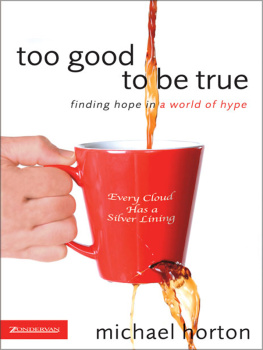
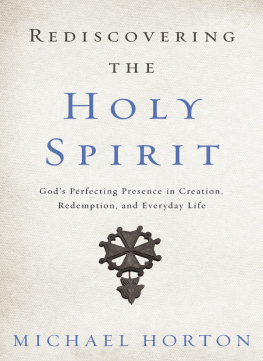
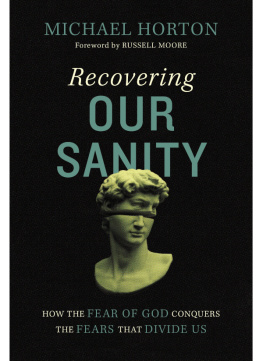

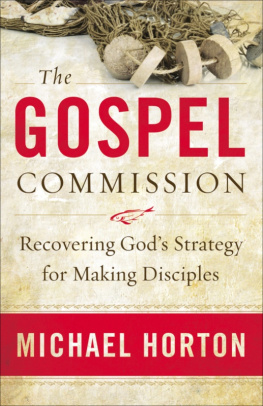
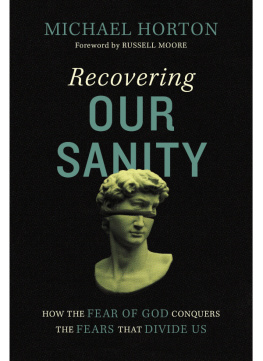
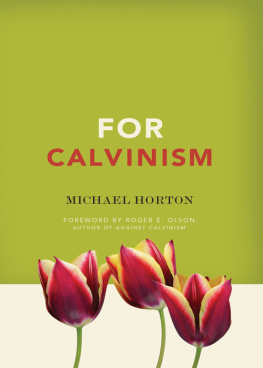

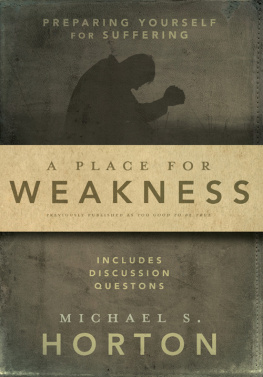


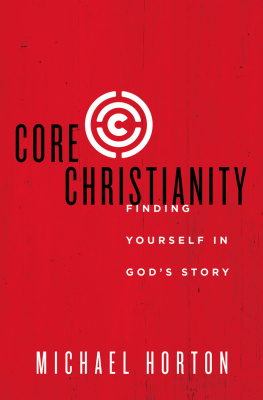
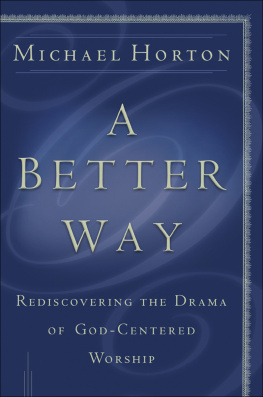
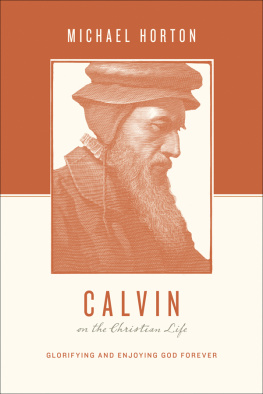
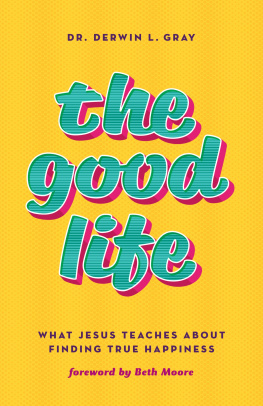
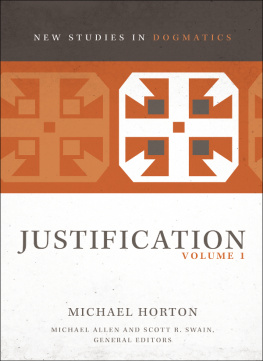

 18 17 16 15 14 13 12 11 10 9 8 7 6 5 4 3 2 1
18 17 16 15 14 13 12 11 10 9 8 7 6 5 4 3 2 1